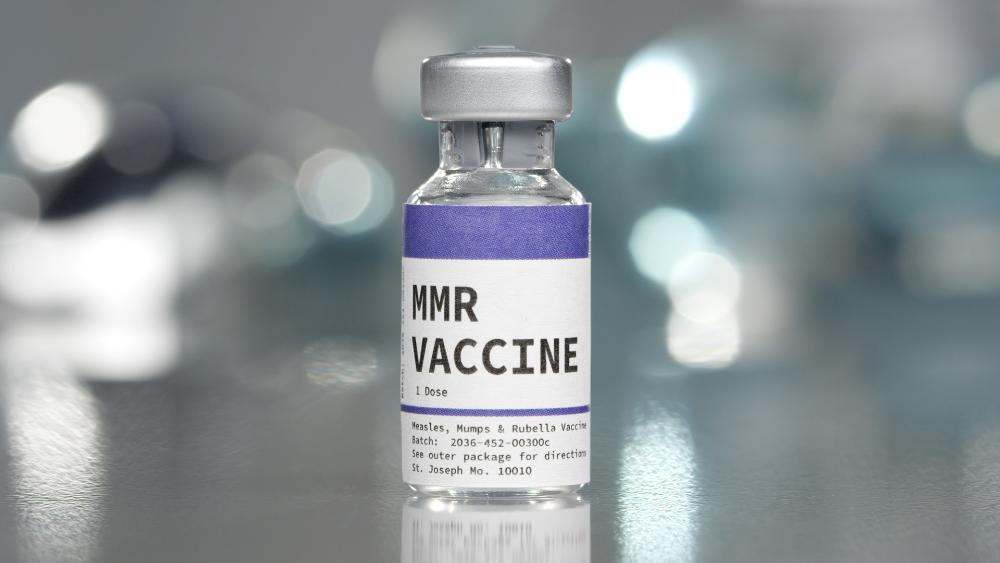Measles
Measles is an extremely infectious virus causing fever, cough and a rash. Frequent complications include pneumonia, diarrhoea and middle ear infections. In severe cases, it can cause brain damage and even death especially people with a weakened immune system.
Mumps
Mumps is an infectious disease causing swollen neck glands, body aches, loss of appetite and fever. It can cause inflammation of the membranes surrounding the brain and spinal cord and cause inflammation of the testicals in males. Pregnant women who get infected by Mumps during the first trimester could result in spontaneous abortion.
Rubella (German Measles)
Rubella is an infectious viral disease causing rash, sore throat, fever and swollen glands. If a pregnant woman is infected, it can cause a miscarriage or serious birth defects that is seen in up to 90% of infants infected during the first trimester. These complications include deafness, blindness and cognitive impairment and heart abnormalities.
It is important to get vaccinated to protect against the viruses and avoid serious complications.

Children
- The first dose of MMR vaccine is recommended at 12 months of age.
- The second dose is administered at 18 months to 4 years of age, ensuring immunity.

Adolescents and Adults
- Those who have not received two doses in childhood or are unsure of their vaccination status should receive catch-up doses, particularly adolescents and young adults. People born during or since 1966, without evidence of two documented doses of valid MMR vaccine or without a blood test showing evidence of immunity to measles, mumps and rubella, are eligible for one or two doses of MMR vaccine.
- Special consideration is given to certain groups, such as healthcare workers, international travelers and individuals in specific high-risk settings.

Pregnant Women:
Generally, MMR vaccination is not recommended during pregnancy due to potential risks to the developing fetus. Women of childbearing age should ideally be vaccinated before conception.

